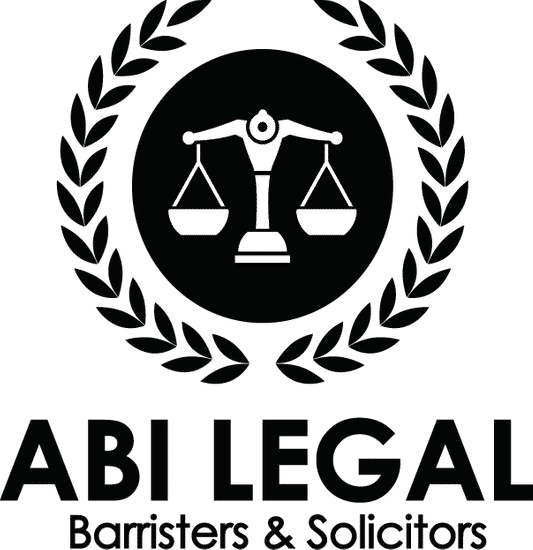In this age that companies leverage on technology for effective outputs, it is important to stay on the good side of the law so that the development of your company will not be hindered. Property company, now leverage on technology to aid customers on how to sell, manage and buy property.
In order to sustain a profitable business as a Proptech Company in Nigeria, you must consider the following;
1. Contract Agreement: There must be agreements between your Proptech Compnay and consumers, agents or even partners. Such agreements include: Memorandum of Understanding, clarifying cost fees, a suitable business structure (where there are partners), etc. As a Proptech founder, ensure that the contract agreement are duly signed and enforceable.
2. Intellectual Property: It is important to draft legal agreements so as to identify the ownership of your intellectual property. Ensure that you secure your rights to utilize your proprietary algorithm for any property and limit or restrict the access of a third-party. Also, protect the technological assets of your company.
3. Data Protection and Privacy: It is crucial to comply with all privacy laws to protect the personal and sensitive information of customers and agents. Be up-to-date with operational and cybersecurity protocols to protect the data of your company.Also, establish a privacy policy that dictates how you collect, store, disclose and delete personal information.
4. Real Estate Licensing: The licenses that you will obtain and the laws that you will comply with largely depends on the nature of the services that you offer. In order to propagate a good name for your Proptech company and attract credible investors and clients, ensure that you understand and comply with relevant laws and regulations governing real estate transactions in Nigeria. Such laws include: Property and Conveyancing laws 1959, Land Use Act 1978, statute of Frauds 1677, Limitation Acts of 1882; Real Property Act 1845, the Partition Act 1868, the Conveyancing Act 1881, the Settled Land Act 1882 and the Land Transfer Act 1887, etc. Also, ensure that you comply with the laws established by the regulatory authorities like The Estate Surveyors and Valuers Registration Board of Nigeria (ESVARBON), The Real Estate Developers Association of Nigeria (REDAN) and the Nigerian Institution of Estate Surveyors and Valuers (NIESV).
For further enquiries, reach us as Abilegal Barristers and Solicitors.

